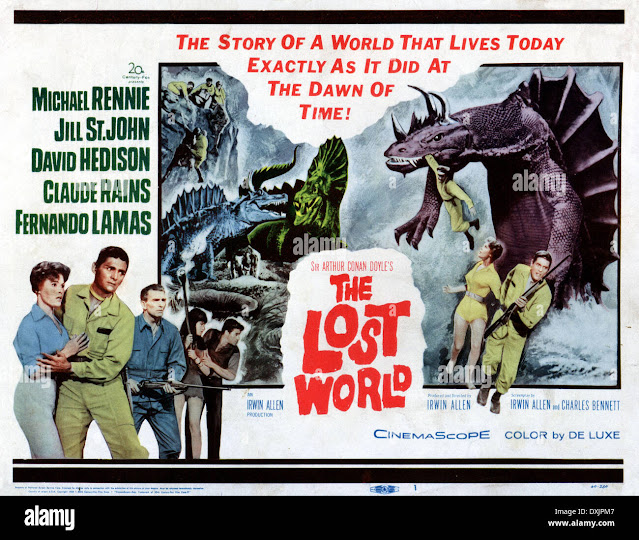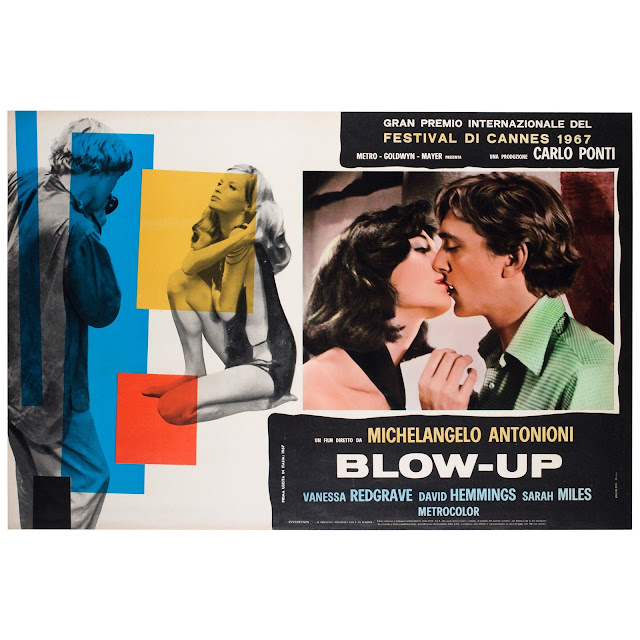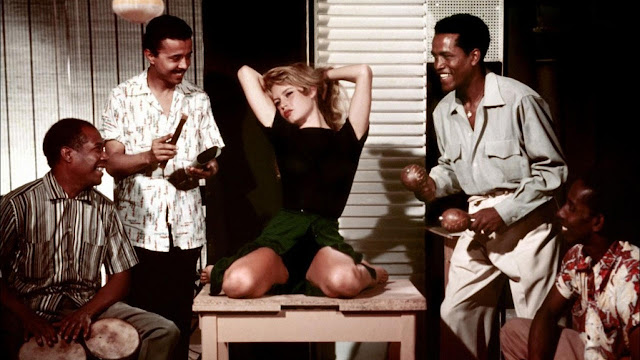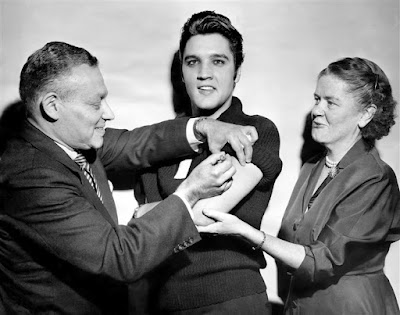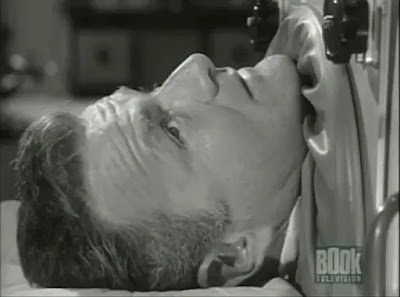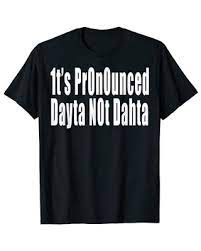"He was not for an age," Ben Jonson wrote of his colleague, rival, and friend, Shakespeare, "but for all time." Statements in eulogies, especially poetic ones, run to hyperbole, but in this case, Jonson was right on. The Bard of Avon has joined Homer and the great Greek playwrights as one of the few Western writers to achieve something like literary permanence.
It helped that his work entered the academic canon, just as the Greeks were helped by the primacy of their language for the educated man. But like Aeschylus and Company, Shakespeare was helped by his own mastery of words, his magpie eye for good plots, and his genius for creating great characters that still ring true.
I began thinking about the rarity of such literary longevity after reading two mysteries back to back, Attica Locke's Heaven, My Home, follow up to her Edgar-winning Bluebird, Bluebird, and Ngaio Marsh's 1967 Death at the Dolphin, which involves a glove purportedly belonging to Hamnet Shakespeare. They provide interesting contrasts.
Just over 20 years post war, Death at the Dolphin has all the characteristics of the golden age of UK detective fiction, including a leisurely beginning (it doesn't live up to its title much before p.100); a fine cast of eccentrics, theater people set to inaugurate a revived theater with a new play; literate dialogue and a detective superintendent of fine breeding and a top notch education.
Heaven, My Home begins as all good modern mysteries begin, with chills and danger, and adds a bevy of possibly dangerous and mostly bigoted characters in a literal East Texas backwater. Darren Matthews, Locke's Black Texas Ranger, shares a good, if quite different, education with Superintendent Alleyn, but where Alleyn is all upper-class self control and detachment, the younger law enforcement officer is all too prone to let either anger or sympathy complicate his professional duties – and personal life.
How times change. Post war, post Blitz, post austerity, there seems to have been a huge taste for order, neatness of plot, and a certain decorum even in violent death. Death at the Dolphin seems a strictly period piece, despite the clever plotting and the charming Dolphin theater. Did anyone ever speak in such carefully literate paragraphs? Was there ever so much emphasis on correct diction, and was much
of the purpose of the action really to show that the upper classes were still all right?
Reading it, I couldn't hope wondering if fifty years on, what we today read for pleasure will not raise an eyebrow. I can imagine questions along the lines of, Did people really use so much profanity? Was most fiction politicized? And what on earth was the significance of that MAGA hat the sheriff kept on his desk?
Unlike Ben Jonson, I have no idea if any of the fictional heroes of the moment are destined to live even "for an age", never mind "for all time." But detective fiction, being a relatively new genre, hasn't done too badly in the longevity department. At least three characters have lasted a century or close to it: Sherlock Holmes, successful across the media landscape, has been taken up by later novelists who have married him off, sent him to Freud, tampered with his cocaine habit, and even brought him back to modern London. To the sleuth of Baker Street, we can add two from the redoubtable Agatha Christie: Hercule Poirot and Miss Jane Marple.
Copyright issues have perhaps kept other writers from enlarging their adventures, but they have both had extensive careers in films and TV. Significantly, both have been successful with a wide variety of performers. Margaret Rutherford played Miss Marple for laughs, and Jane Hickson's Marple was a reserved intellectual, while actors as different as Peter Ustinov and David Suchet have essayed Poirot. Characters for all times? Maybe not, but at the moment they are aging very nicely and for one of the reasons that Shakespeare's creations are still on the boards: great, instantly recognizable, and eccentric characters.
Add good plots, good luck, good publicity, and a fictional detective can go quite a long way just like that fun couple, the Macbeths, Viola, Falstaff, or the whole sick crew at Elsinor. A certain amount of excess seems to be required, more than plausibility or any but psychological realism.
For that reason, if I had to tip some popular characters who may entertain quite far into the future, I would, reluctantly, mention not any print crime fighter, but those two escapees from the comic books: Superman and Batman, with perhaps Wonder Woman making a third. All three have shown the size, the flexibility and and adaptability required.
My Madame Selina mystery stories about a post Civil War spiritualist medium in New York City have been issued as an ebook on Kindle. Ten mysteries and a novella featuring Madame Selina and her useful young assistant Nip Thompkins are available on Amazon.
My Madame Selina mystery stories about a post Civil War spiritualist medium in New York City have been issued as an ebook on Kindle. Ten mysteries and a novella featuring Madame Selina and her useful young assistant Nip Thompkins are available on Amazon.






